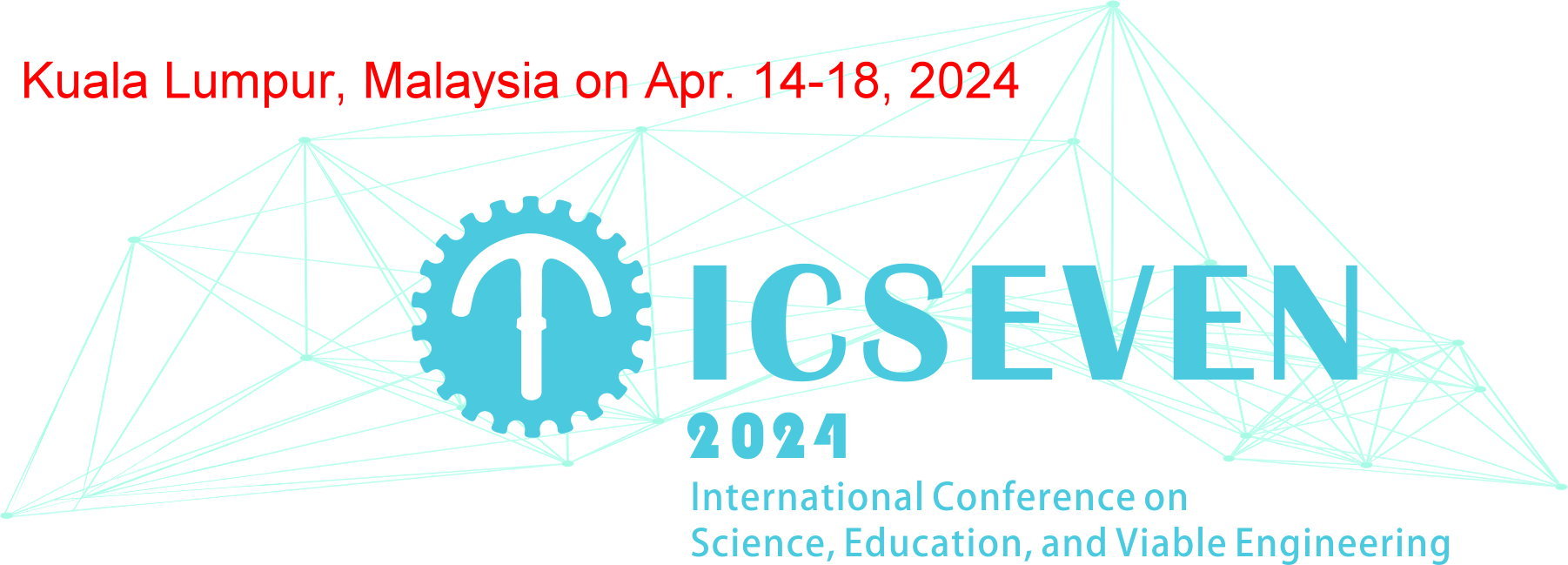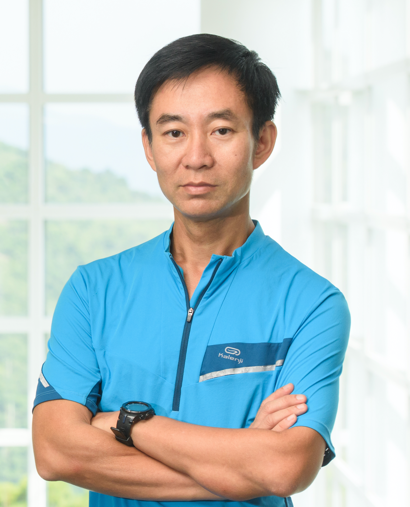Keynote Speakers
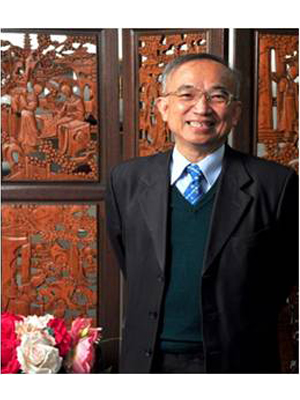
Professor Yan-Kuin Su
Dr. Yan-Kuin Su serves as the President at Kun San University. Dr. Su served as a Director of Advanced Optoelectronic Technology Center at National Cheng Kung University. Bachelor of Science in Electrical Engineering, National Cheng Kung University, Tainan, 1971. Master of Science in Electrical Engineering, National Cheng Kung University, Tainan, 1973. Doctor of Philosophy in Electrical Engineering, National Cheng Kung University, Tainan, 1979. He has been a Professor of Department of Electrical Engineering at National Cheng Kung University since 1983. Dr. Su had an international co-operation experience with the University of Southern California, Los Angeles, and AT&T Bell Laboratories, as a Visiting Scholar in 1979 and 1986. He has also the experience in industry and served as the Independent Director at Himax and of Macronix Technologies, Inc. His research interests are in the Semiconductor Engineering and Devices, Opto-Electronic Devices and Microwave Device and Integrated Circuits.
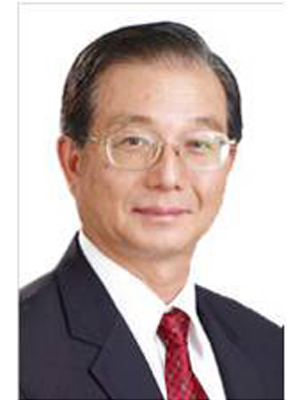
Professor Ching-ji Wu
Dr. Ching-ji Wu serves as the President at the Taiwan University of Education. Dr. Wu obtained his doctoral degree in education from National Taiwan Normal University. He is an university educator in the Republic of China , Taiwan and he was the Minister of the Education from 2009 to 2012, the Vice- and Political- Minister, Administrative of Education from 1999-2001. Dr. Wu had administered the "Five Year, 50 billion project, and Aim for Top University Plan." The project wished the top universities in Taiwan to become the best in the world in his career of Minister of the Education. Dr. Wu achieved assurances and successes that the project was implemented in the joint and associated universities. His research interests are in the Educational Administrative Decision and Implement, the Planning of Educational Policy, the Leadership and Communication of Education.
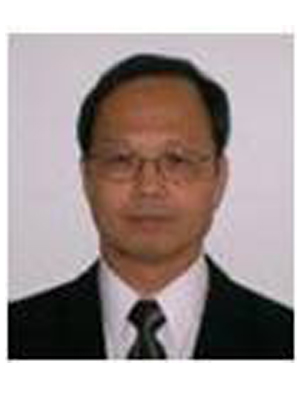
Professor Juin J. Liou
Dr. Juin J. Liou received the B.S. (honors), M.S., and Ph.D. degrees in electrical engineering from the University of Florida, Gainesville, in 1982, 1983, and 1987, respectively. In 1987, he joined the Department of Electrical and Computer Engineering at the University of Central Florida (UCF), Orlando, Florida where he held the positions of Pegasus Distinguished Professor, Lockheed Martin St. Laurent Professor, and UCF-Analog Devices Fellow. His research interests are electrostatic discharge (ESD) protection design, modeling and simulation, and characterization. Currently, he is the president of Emoat, LLC, a consulting firm which provides know-how and expertise on the design and characterization of ESD solutions. He also serves as a chair professor of Zhengzhou University, China and endowed professor of Zhejiang University, China.
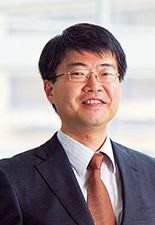
Professor Takao Someya
Takao Someya received the Ph.D. degree in electrical engineering from the University of Tokyo in 1997. Since 2009, he has been a professor of Department of Electrical and Electronic Engineering, The University of Tokyo. From 2001 to 2003, he worked at the Nanocenter (NSEC) of Columbia University and Bell Labs, Lucent Technologies, as a Visiting Scholar. He has been Global foundries Visiting Professor, National University of Singapore since 2016. His current research interests include organic transistors, flexible electronics, plastic integrated circuits, large-area sensors, and plastic actuators. Prof. Someya has received a number of awards, a Japan Society for the Promotion of Science (JSPS) Prize in 2009, 2004 IEEE/ISSCC Sugano Award. Prof. Someya’s “large-area sensor array” electronic thin film was featured in Time Magazine as one of its “Best Inventions of 2005” in its November 21st, 2005 issue.
Professor Frank Schwierz
Prof. Frank Schwierz received the Dr.-Ing. and Dr. habil. degrees from Technische Universität (TU) Ilmenau, Germany, in 1986 and 2003, respectively. Presently he serves as Privatdozent at TU Ilmenau and is Head of the RF & Nano Device Research Group. His research interests include semiconductor device physics and novel device and material concepts for future transistor generations. Dr. Schwierz is Senior Member of the IEEE. He serves as a Distinguished Lecturer of the IEEE Electron Devices Society and as an editor of the IEEE Transactions on Electron Devices. Moreover, he contributed to the Emerging Research Devices Chapters of the 2013 and 2015 ITRS (International Technology Roadmap for Semiconductors) editions and is currently contributing to the Heterogeneous Integration Roadmap.
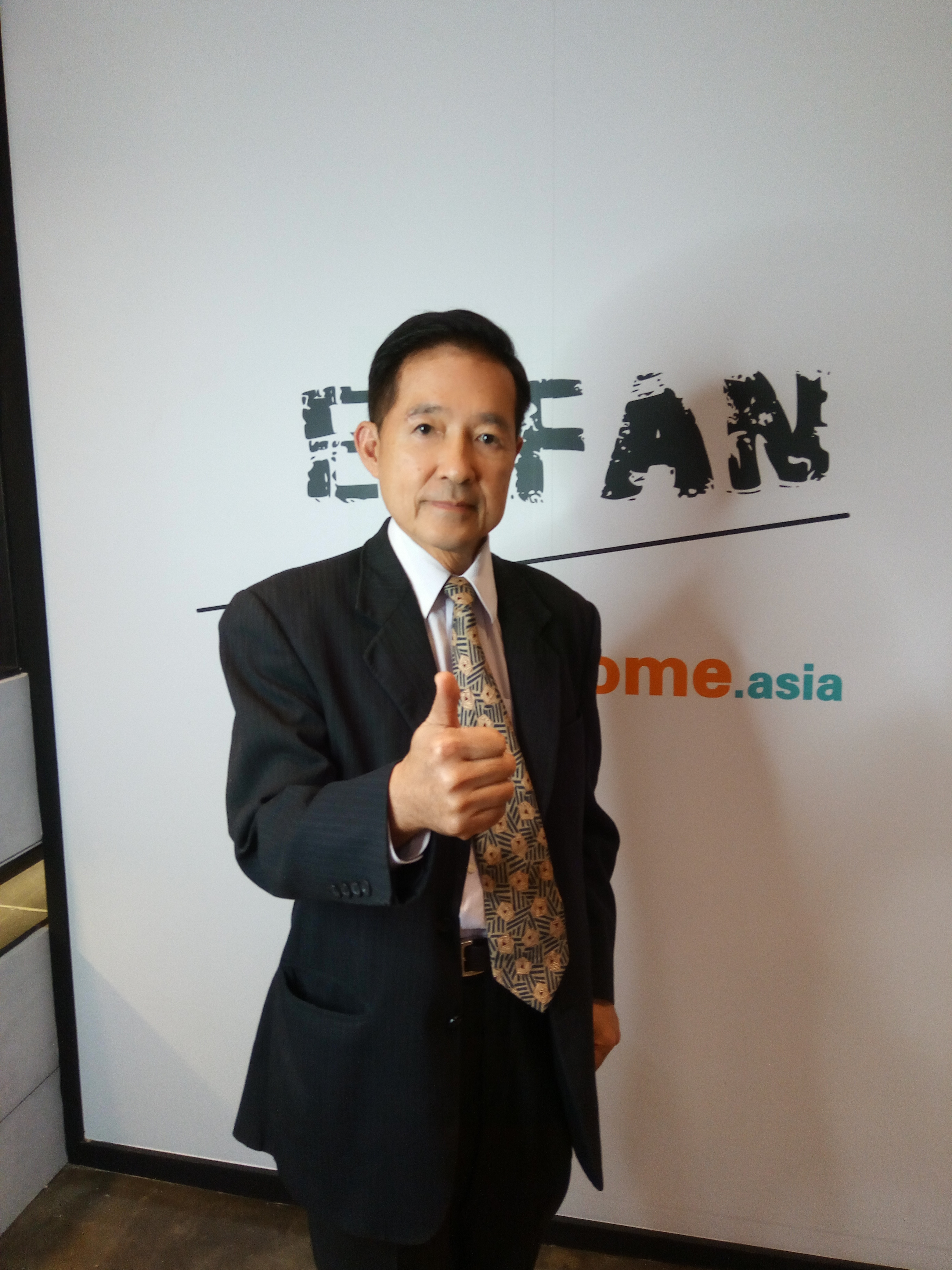
Professor Chi-Ming Chung
Professor Chi-Ming Chung, Bachelor of Environmental Engineering at the National Chen-Kung University, Master at Ohio University, and Ph. D. at Louisiana University, has ever served as President of three universities. These universities are Kainan University, Open University of Kaohsiung and National Taipei University of Education, respectively.
Currently, he is a professor in the Department of Digital Technology Design at the National Taipei University of Education. Professor Chung is a multilingual, speaking 13 languages and publishing more than forty books, including Information management, big data, effective language learning, creative thinking, learning intelligence quotient, teaching intelligence quotient, Taiwan’s amazing ecology.
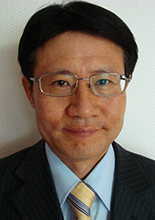
Dr. Kwang S. Yoon
Dr. Kwang S. Yoon received BS degree in EE from Inha University in 1981, MS, and Ph.D. degrees in EE from Georgia Institute of Technology in 1983 and 1990, respectively. He worked at Silicon Systems Inc. (Tustin, Calif.) as a senior design engineer for 1988-1992. Since 1992, he joined the department of Electronic Engineering at Inha University, Korea. He established IEEE ED/SSC joint chapter in 1998 and served as chairman until 2016. He served as TPC chairman and general chairman of ISOCC (International SoC Conference) for 2012 and 2013, respectively. He served as steering committee of ASSCC in 2014 and steering committee chairman of ISOCC in 2016. He also serves as associate editor of JSTS (Journal of Semiconductor Technology and Science) and JICAS(Journl of Integrated Circuits and Systems). His research interests include mixed-signal CMOS circuit design such as high performance data converters (high speed(flash-pipeline, time-interleaving), high resolutions(sigma-delta), low power(SAR) ADCs and DACs), PLLs, PMICs (Buck(PFM-PWM)/Boost) for IoTs, Smart sensor systems, and Bio-signal processing.
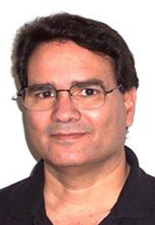
Dr. Ibrahim M. Abdel-Motaleb
Dr. Ibrahim M. Abdel-Motaleb, Ph.D., PE, is a Professor of Electrical Engineering and the Director of the Microelectronics Laboratory at Northern Illinois University. He served as the chair of the department from 2008-2015. He served also as the director of the biomedical engineering program. He has a BS in Electrical Engineering and BS in Physics from Cairo University. He received his MS degree in Physics from the University of Manitoba, Canada and his PhD in Electrical Engineering from the University of British Columbia, Canada. His areas of expertise are in (a) Fabrication, characterization, and modeling of nano/micro electronic devices, integrated circuits, and 3D ICs, (b) nano/electronic material growth and characterization, (c) MEMS design and fabrication, and (d) biomedical engineering instrumentation. He published more than 100 refereed articles and received hundreds of thousands of research fund. He advised more than 5 PhD students and about 45 MS students. Dr. Ibrahim can be reached at ibrahim@niu.edu
Professor Francisco Javier García-Sánchez
Francisco. J. García-Sánchez received the B.E.E., M.E.E. and Ph.D. degrees in Electrical Engineering, from The Catholic University of America, Washington, DC, USA, in 1970, 1972 and 1976, respectively. In 1977 he joined the faculty of the Electronics Department at Universidad Simón Bolívar (USB) in Caracas, Venezuela. He is now formally retired, but remains actively involved in research. Prof. García-Sánchez has held several directive and administrative positions at USB, among others: Coordinator of Research and Development for Engineering and Applied Sciences, Coordinator of Undergraduate and Graduate Study Programs in Electronics Engineering, elected member of USB's Academic and Superior Councils, and Head of the Solid State Electronics Laboratory (LEES-USB), which he founded in 1979. Over the years he has been directing and conducting research on diverse topics, such as: polycrystalline compound semiconductors, their thin- and thick-film deposition techniques, and their use in sensors and photovoltaic solar cells; electrical characterization and modeling of biological tissues, ceramics and other composite and porous materials. His present research activities are mainly oriented to electron device modeling, particularly nano-scale MOSFETs. He has published over 170 refereed technical articles, including 11 invited ones, and has imparted over 39 invited, key-note, plenary, and distinguished lectures. He has co-authored a textbook about MOSFET modeling, a chapter about dielectric determination of rock porosity, and has been the editor of specialized collective books.
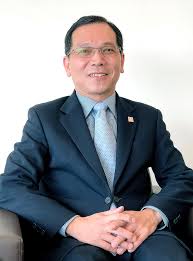
Prof. Pey Kin Leong
Prof. Pey Kin Leong
is an Associate Provost of Singapore University of Technology and Design.
Pey Kin Leong is currently the Associate Provost (Undergraduate Studies and SUTD Academy) and a Professor at the Singapore University of Technology and Design.
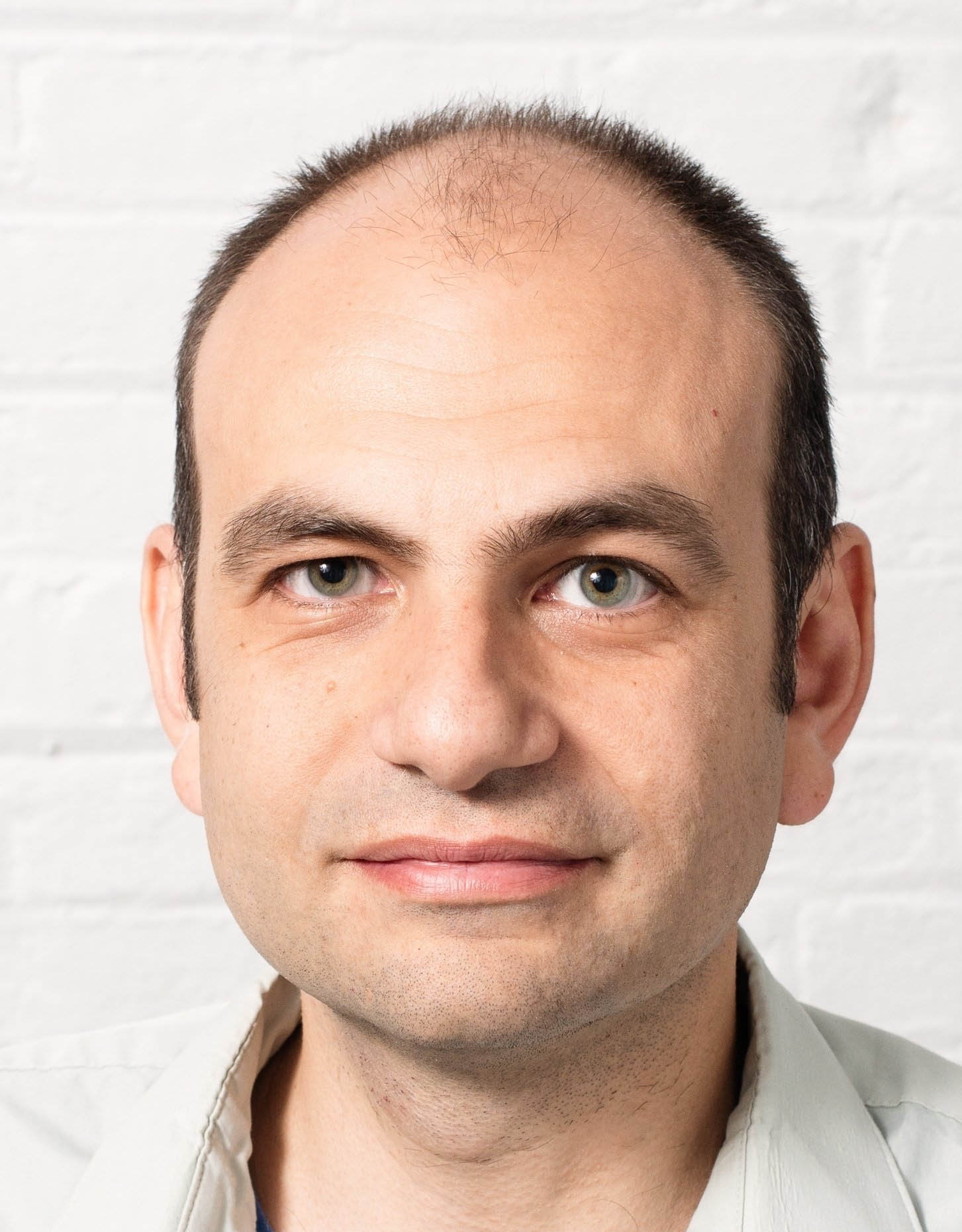
Prof. Ioannis (John) Kymissis
Ioannis (John) Kymissis is the Kenneth Brayer Professor of Electrical Engineering at Columbia University. John graduated with his SB, M. Eng., and Ph.D. degrees from MIT. He served a term as the editor in chief of the Journal of the Society for Information Display, is a fellow of the SID, serves as the SID treasurer, and was the general chair for the 2014 Device Research Conference.
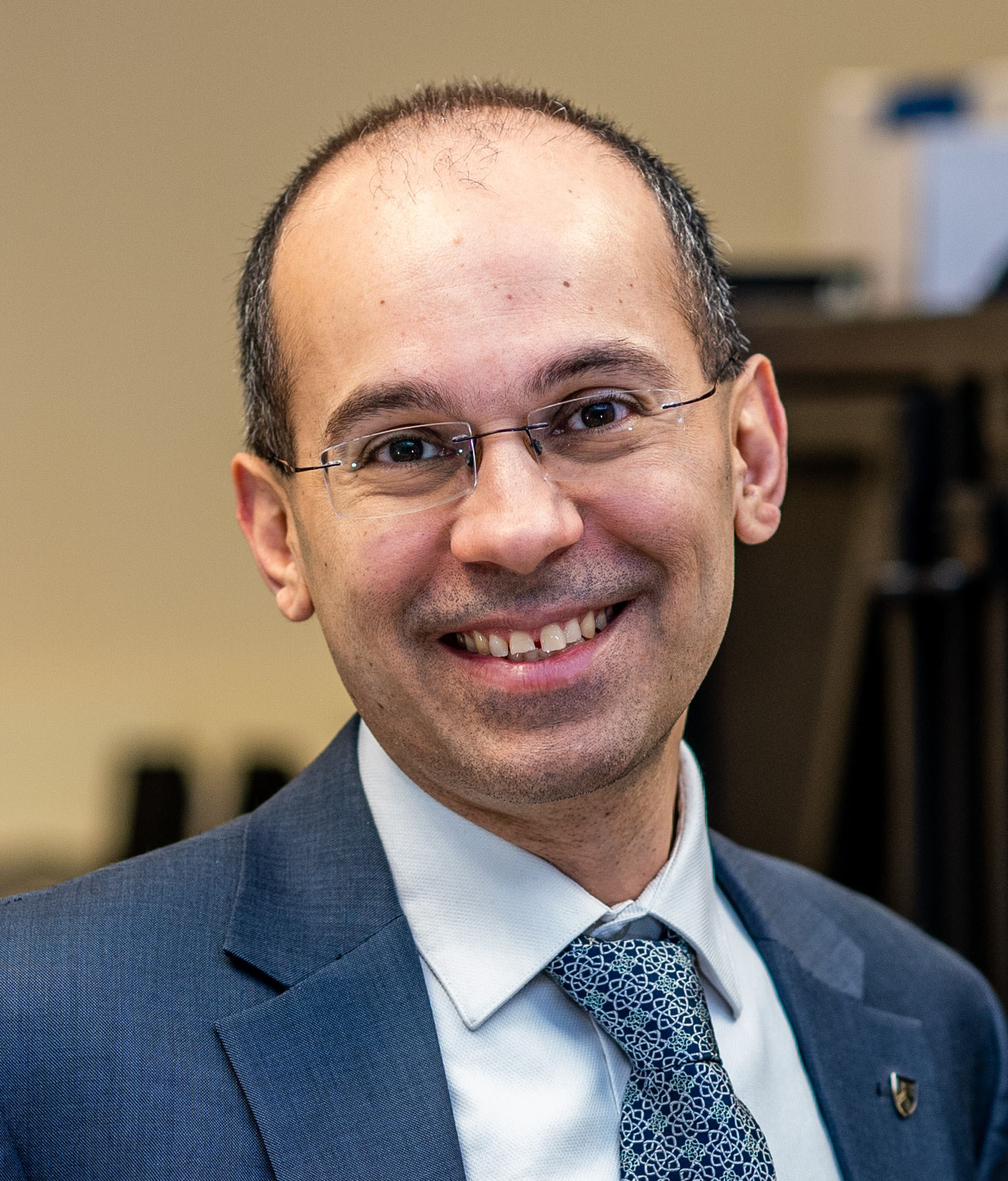
Prof. Karim S. Karim
Karim S. Karim received his BASc and PhD in Electrical Engineering from the University of Waterloo, and an MBA in Health Sector Management from the University of Toronto. He is currently the Chief Technology Officer of KA Imaging, the Executive Director for the Center for Bioengineering and Biotechnology and a Professor of Electrical and Computer Engineering at the University of Waterloo. Since 1998, Karim has developed novel X-ray imaging devices and methods. He has trained over 40 PhD and MASc students, has co-authored 250+ publications and has 50+ patents. Karim has founded multiple companies in the past two decades including KA Imaging, a University of Waterloo spinoff that is commercializing his X-ray research including Reveal, the world’s only portable dual energy spectral X-ray detector that recently received US FDA 510(k) clearance and is now being used clinically in North America to detect lung cancer and pneumonia (including COVID-19). Some of the imaging circuit technology developed during Karim’s graduate work is also now used in ultrasonic fingerprint sensors in commercial mobile phones and tablets.
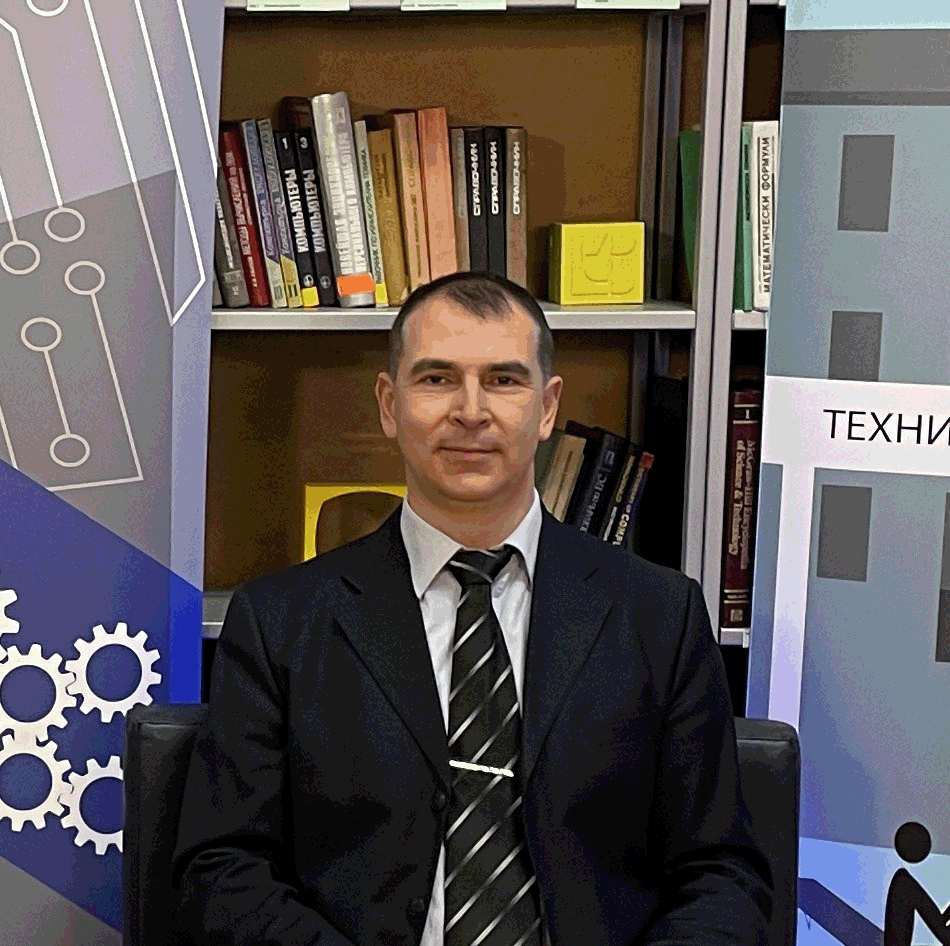
Prof. George Angelov
George Angelov received the MSc degree in physics from the Sofia University St. Kliment Ohridski, Bulgaria, in 1999 and the PhD degree in semiconductor device modeling from the Technical University of Sofia (TUS), Bulgaria, in 2008. Between 1999 and 2002 he was with the Technology Center-Institute of Microelectronics, Sofia, Bulgaria where he was engaged in IC and PCB design and various aspects of semiconductor device modeling. From 2007 to 2012 he was assistant professor and since 2013 he has been associate professor with the Department of Microelectronics, TUS; in 2015 he was elected as Chair of the Department of Microelectronics. Since 2016 he has been selected as Head of MINOLab (MicroNanoLab) at the Sofia Tech Park and CEO of the Bulgarian Cluster of companies in Microelectronics and Industrial Electronics Systems. In 2020 George Angelov has started as a Director of Information and Public Relations of the Technical University of Sofia. He has over 100 publications in journals and conference proceedings and 5 books (h-index 5). His research interests include semiconductor device & circuit modeling, novel semiconductor devices, signal processing, bioelectronics, optical thing film characterization, renewable energy sources.
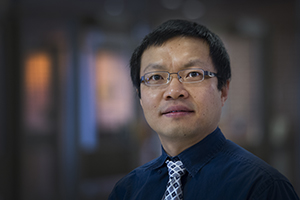
Prof. Lihong Zhang
Dr. Lihong Zhang received the M.Sc. degree from Huazhong University of Science and Technology (China) in 1997 and Ph.D. degree from Otto-von-Guericke University of Magdeburg (Germany) in 2002 both in electrical engineering. He was a Postdoctoral Research Associate with Concordia University (Montreal, Canada), Dalhousie University (Halifax, Canada), and University of Washington (Seattle, USA) from 2003 to 2006. In Oct. 2006, Dr. Zhang joined the Faculty of Engineering and Applied Science at Memorial University of Newfoundland, St. John's, Canada, where he is currently a Full Professor with the Department of Electrical and Computer Engineering. He founded and is now leading Computer-Aided Design Laboratory for Analog and Mixed-Signal VLSI Systems at Memorial University, which is the first one in Atlantic Canada.
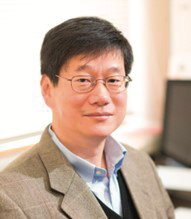
Prof. Xiaoqing WEN
Xiaoqing WEN received a B.E. degree from Tsinghua University, China, in 1986, a M.E. degree from Hiroshima University, Japan, in 1990, and a Ph.D. degree from Osaka University, Japan, in 1993. He was an Assistant Professor with Akita University, Japan, frrom 1993 to 1997, and a Visiting Researcher with the University of Wisconsin–Madison, USA, from Oct. 1995 to Mar. 1996. He joined SynTest Technologies Inc., USA, in 1998, and served as its Vice President and Chief Technology Officer until 2003. He joined Kyushu Institute of Technology, Japan, in 2003, where he is currently a Professor of the Department of Computer Science and Networks. He founded Dependable Integarted Systems Research Center at Kyushu Institute of Technology in 2013 and served as its Director until 2015. He is a Co-Founder and Co-Chair of Technical Activity Committee on Power-Aware Testing under Test Technology Technical Council (TTTC) of IEEE Computer Society. He is an Associate Editor for IEEE Transactions on Very Large Scale Integration Systems (TVLSI) and Journal of Electronic Testing: Theory and Applications (JETTA). He co-authored and co-edited two popular books, VLSI Test Principles and Architectures: Design for Testability (2006) and Power-Aware Testing and Test Strategies for Low Power Devices (2009). His research interests include design, test, and diagnosis of VLSI circuits. He holds 43 U.S. Patents and 14 Japan Patents. He received the 2008 Society Best Paper Award from the Infromation Systmes Society (ISS) of the Institute of Electronics, Information and Communication Engineers (IEICE). He is a Fellow of IEEE for his pionerring work in low capture power test generation, a Senior Member of Information Processing Society of Japan (IPSJ), and a Senior Member of IEICE.
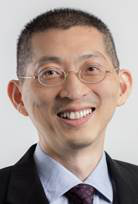
Professor YEO Kiat Seng
Professor YEO Kiat Seng (M’00–SM’09–F’16) received his B.Eng. (EE) in 1993, and Ph.D. (EE) in 1996 both from Nanyang Technological University (NTU). Currently, he is Associate Provost for Research and International Relations at Singapore University of Technology and Design (SUTD). Professor Yeo is a widely known authority in low-power RF/mm-wave IC design and a recognized expert in CMOS technology. He was a Member of Board of Advisors of the Singapore Semiconductor Industry Association. Before his appointment at SUTD, he was Associate Chair (Research), Head of Division of Circuits and Systems and Founding Director of Centre of Integrated Circuits and Systems of the School of Electrical and Electronic Engineering at NTU. He has published 10 books, 7 book chapters, over 600 international top-tier refereed journal and conference papers and holds 38 patents. Professor Yeo holds/held key positions in many international conferences as Advisor, General Chair, Co-General Chair and Technical Chair. He was awarded the Public Administration Medal (Bronze) on National Day 2009 by the President of the Republic of Singapore and the Nanyang Alumni Achievement Award in 2009 for his outstanding contributions to the university and society. Professor Yeo is an IEEE Fellow for his contributions to low-power integrated circuit design. He is the principal author of World University Research Rankings (WURR) 2020.
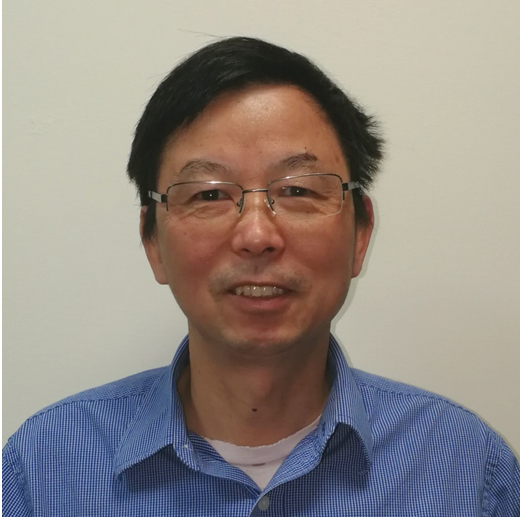
Yuanzhong (Paul) Zhou
Yuanzhong (Paul) Zhou received the M.S.E.E. and Ph.D. degrees in electrical engineering from Northeastern University, Boston, MA, in 1997 and 1998, respectively.
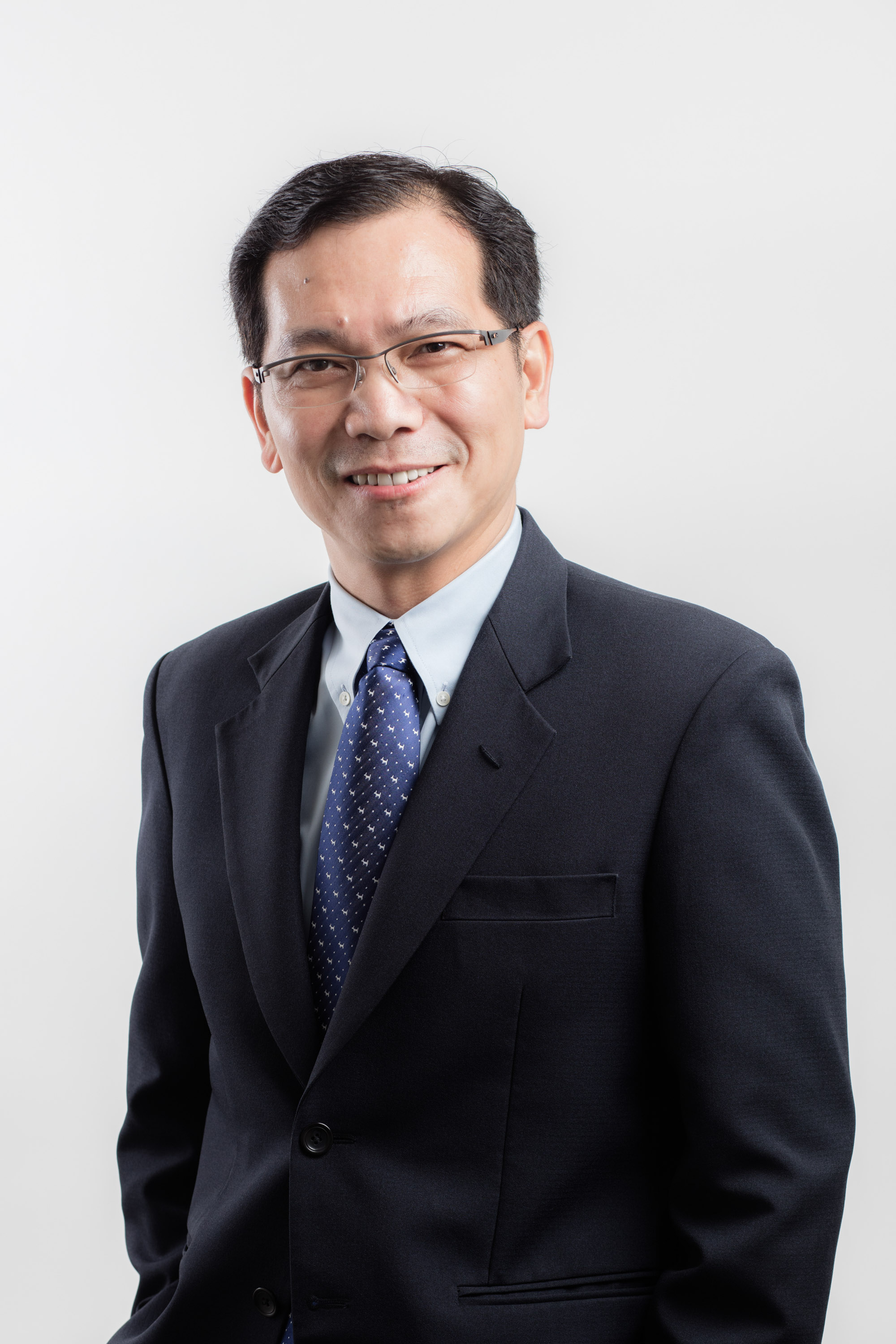
Prof. Kin Leong Pey
Prof. Kin Leong Pey is a Vice Provost and Chair Professor of Singapore University of Technology Design in Singapore.
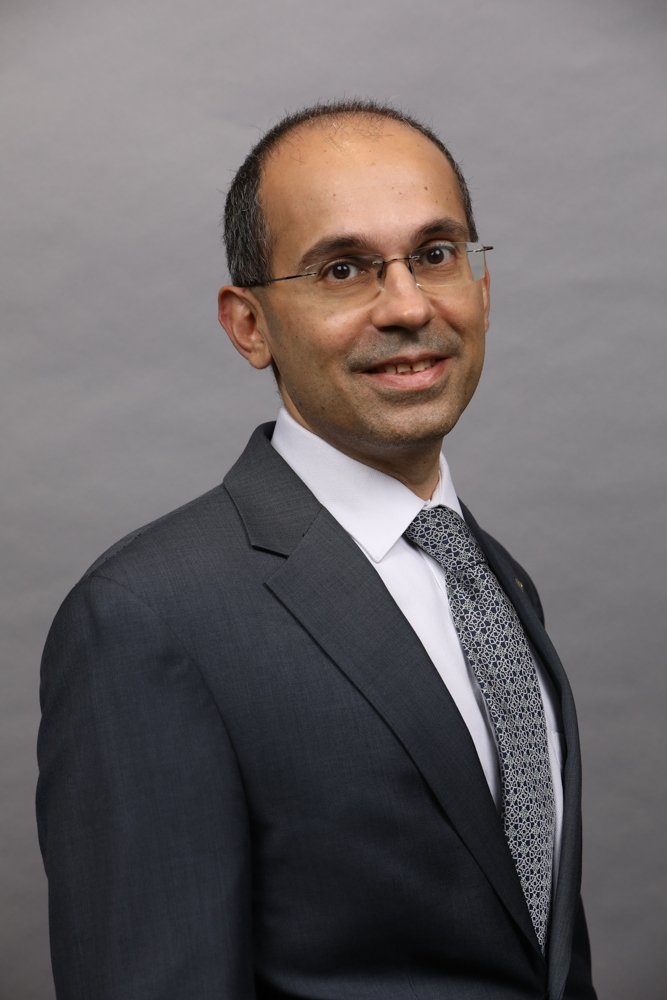
Dr. Karim
Dr. Karim S Karim (PhD, MBA) is the Associate Vice-President of Commercialization and Entrepreneurship and a Professor in Engineering at the University of Waterloo. He has raised more than $15M in research grant funding, trained over 40 PhD and MASc students, has co-authored 250+ publications and 50+ patents. He is also a founder and Chief Technology Officer of KA Imaging, a University of Waterloo spinoff that makes innovative X-ray detectors and systems for medical, veterinary, scientific and industrial markets. Karim has developed novel X-ray imaging devices and systems since 1998 and has both supported and founded multiple startups in the past two decades. His spectral X-ray research is now commercialized and starting to replace black and white medical X-ray globally while another is used in ultrasonic fingerprint sensors in mobile phones and tablets.
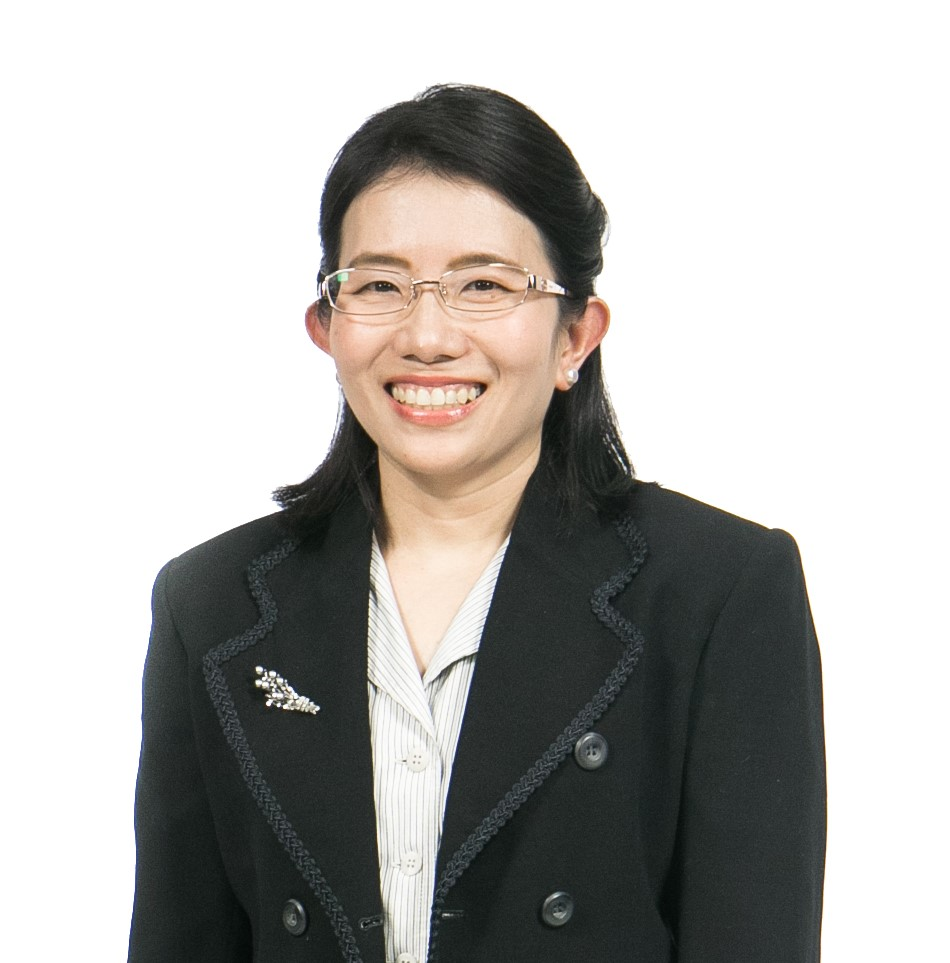
Sumittra CHAROJROCHKUL (Ph.D., DIC)
Executive Director
National Energy Technology Center
National Science and Technology Development Agency (NSTDA)
114 Thailand Science Park, Paholyothin Rd.,
Klong 1, Klong Luang, Pathumthani 12120 Thailand
Tel. 66 2 564 6500 ext 4227
Fax 66 2 564 6405
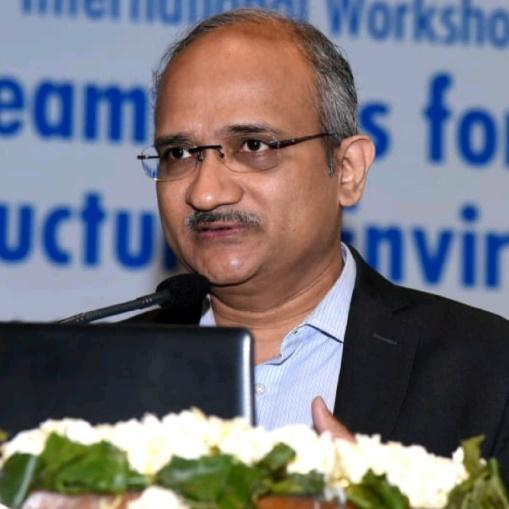
Prof. V. Ramgopal Rao
Prof. V. Ramgopal Rao is currently the Group Vice-Chancellor for the Birla Institute of Technology & Science (BITS) Pilani. Prior to joining the BITS Group in 2023, Prof. Rao had served as the Director of IIT Delhi for 6 years during 2016-2021 and as a Chair Professor for Nanoelectronics at both IIT Bombay and IIT Delhi.
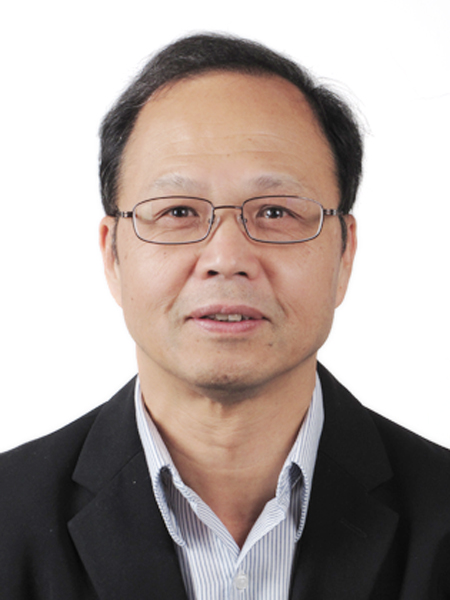
Bio of Juin J. Liou
Juin J. Liou received the B.S. (honors), M.S., and Ph.D. degrees in electrical engineering from the University of Florida, Gainesville, in 1982, 1983, and 1987, respectively. In 1987, he joined the Department of Electrical and Computer Engineering at the University of Central Florida (UCF), Orlando, Florida where he held the positions of Pegasus Distinguished Professor, Lockheed Martin St. Laurent Professor, and UCF-Analog Devices Fellow. Since 2023, Dr. Liou works as a chair professor and director at North Minzu University, China. Dr. Liou’s research interests are electrostatic discharge (ESD) protection design, modeling and simulation, and characterization.
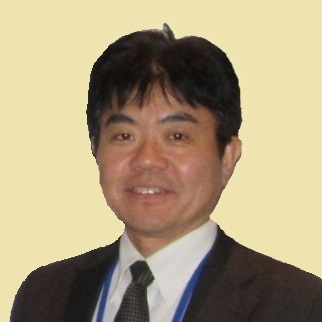
Teruo Suzuki
Teruo Suzuki received a B.S. in electrical engineering from the Nagoya Institute of Technology and received his Ph.D. from Tsukuba University. In 1989, he joined Fujitsu Ltd. He started designing ESD protection circuits in 2002 after working on developing several ASSP products and launching a few processes for Fujitsu supercomputers.

